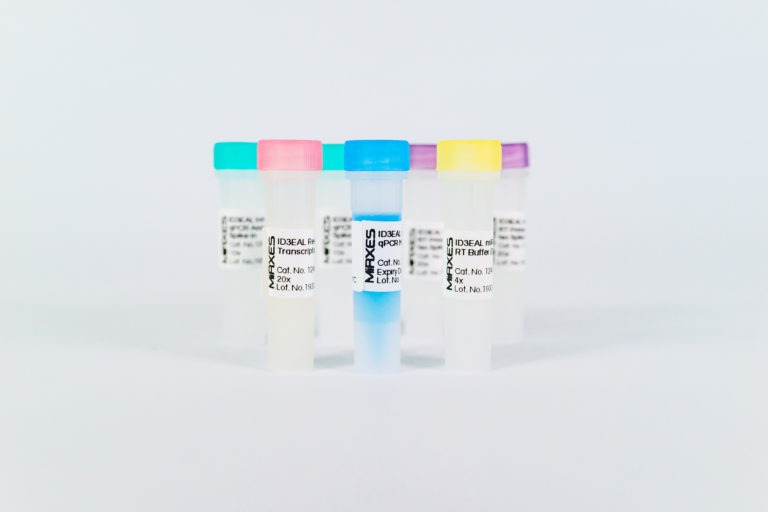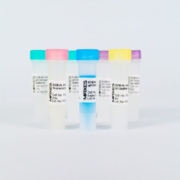
At the 10th Annual RNA Symposium hosted by the Harvard Initiative for RNA Medicine (HiRM), Dr. Zhaoji Liu presented new findings from Drs. Gerburg Wulf and Jan Heng’s research group at Beth Israel Deaconess Medical Center. They discovered that elevated microRNA 362-3p in plasma was associated with cisplatin response in BRCA-mutated, HER2-negative breast cancer patients. Their findings utilized data from the INFORM phase II clinical trial (NCT01670500; PI: Dr Nadine Tung), which focused on predicting treatment response in this challenging breast cancer subtype.
The INFORM trial included 118 patients with BRCA1/2 mutations and HER2-negative tumors across 13 U.S. hospitals. Participants were randomized to receive either cisplatin or standard anthracycline-based chemotherapy. Pre-treatment plasma samples were screened for over 350 microRNAs using the ID3EAL™ Cancer miRNA Panel. Notably, miR-362-3p emerged as a key biomarker, with its elevated plasma levels significantly correlating with improved outcomes (complete pathological response and minimal residual disease) only in patients treated with cisplatin.
As researchers continue to validate these findings in vivo, miR-362-3p is a promising target for both prognostic testing and personalized treatment in BRCA-driven breast cancer. This study not only suggests that miRNA levels can influence a tumor’s response to chemotherapy but also offers hope for more personalized and effective treatments.
Download a copy of the poster:
Heng HiRM 2024 RNASym Poster INFORM miRNA – 04172025
Keywords: miRNA, cyclophosphamide (AC), neoadjuvant cisplatin monotherapy, estrogen receptor (ER), complete pathological response (pCR; i.e., cancer-free), residual cancer burden (RCB), platinum-containing neoadjuvant regimen (cisplatin), tumor biopsies, triple-negative breast tumors, The Cancer Genome Atlas (TCGA), cancer, BRCA-related breast cancer, MiRXES, ID3EAL™ Cancer miRNA Panel.


